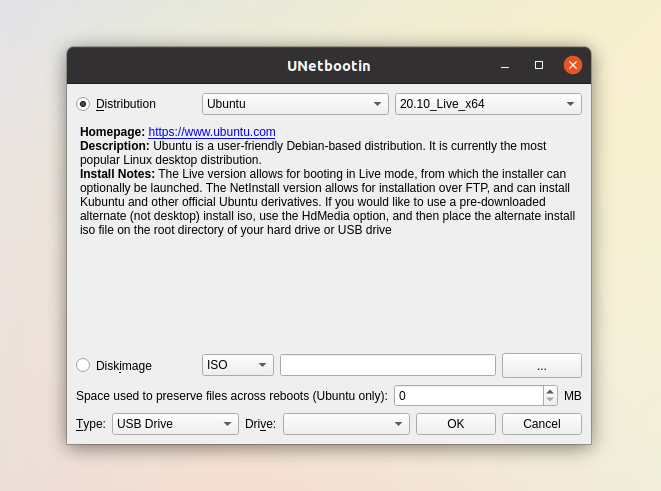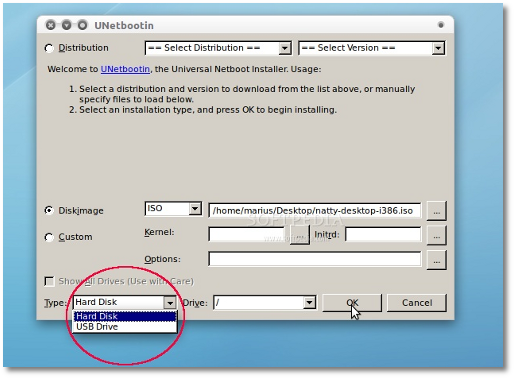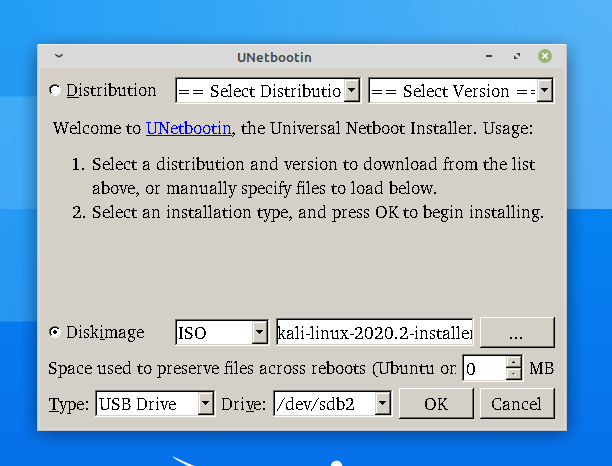

Plug out the usb storage device safely and plug it into the machine you want to boot.

It will take time depending upon the size of the download and/or the file size of the ISO image. Create Bootable Linux USB-DriveĬlick OK, and the process of downloading and/or extracting the image will start. Although it is a time taking process and may result in an error when a larger image is downloaded.

Or alternatively download from the internet, in real-time. You can browse to the stored disk image on your hard drive, from the Unetbootin window. A wrong selection will lead to wiping your hard disk, so be aware. The type should be Usb Device, strictly and if more than one usb device is plugged in you need to know the name of the exact Usb device you need to work upon. Unetbootin ToolĬheck the content above the red line. Insert Your USB pen-drive into the Windows/ Linux machine and Launch Unetbootin, you will be greeted with a window similar to. $ sudo add-apt-repository ppa:gezakovacs/ppaĪlternatively, you can download UNetbootin binaries and run them without installing on the Linux systems (supports all Linux distributions).
#Unetbootin hard drive install install
To install UNetbootin on Ubuntu and Ubuntu-based Linux distributions, use the following apt command to add PPA and install it.
#Unetbootin hard drive install Pc
Related Read: Installing Linux OS on USB Drive and Run it On Any PC We will be creating USB boot-able image in two different way The booting process is complex but creating a boot-able USB media is very interactive and fun. Booting into a windows machine requires only three files, namely boot.ini, ntldr, and .īut booting into a Linux machine is a complex process which requires a whole lot of files and process in a well-defined execution manner. Booting from a USB mass storage device is sometimes necessary, especially when the ROM media device is not working.īooting Windows from a USB mass storage device is not difficult, and with the availability of various software, it has been just a few clicks away. Installing Linux from a USB mass storage device or logging into Live Linux Environment is a cool Idea.


 0 kommentar(er)
0 kommentar(er)
